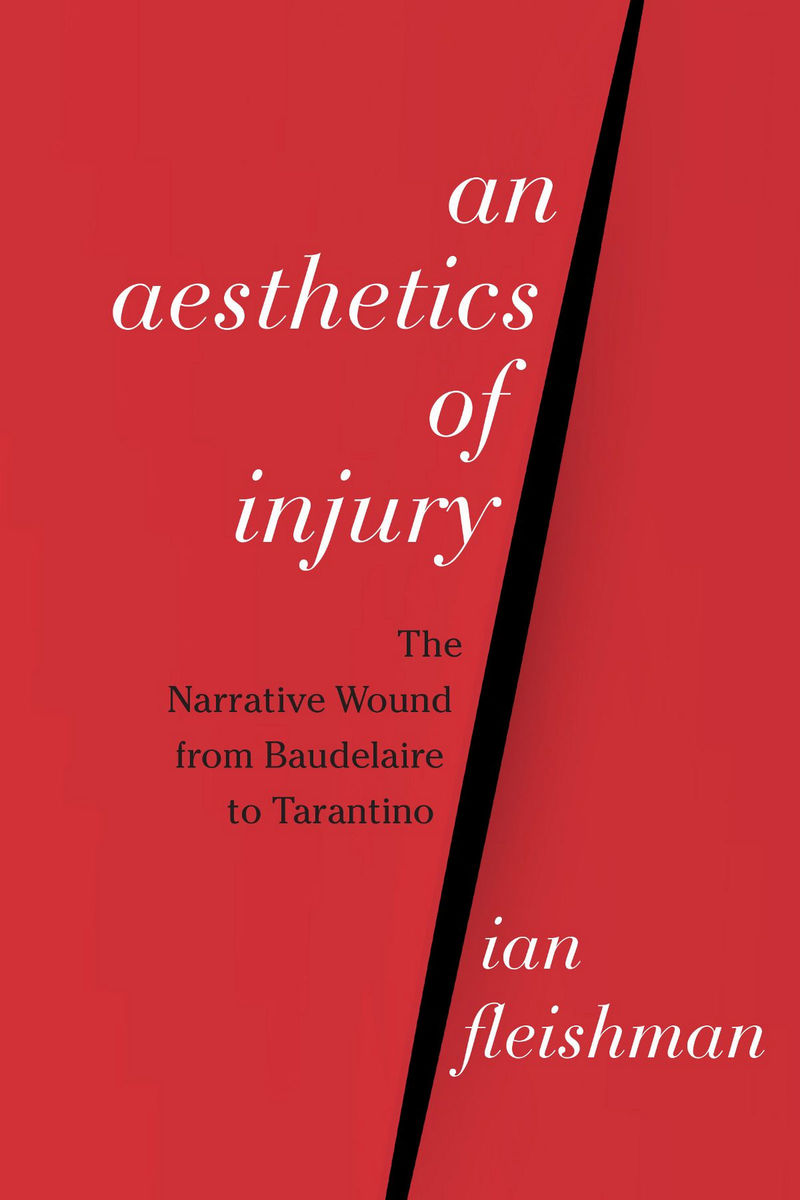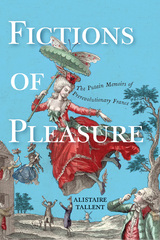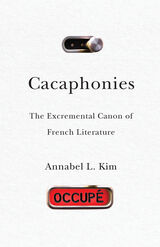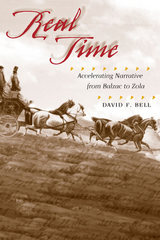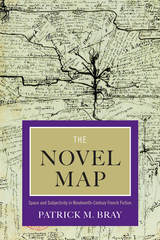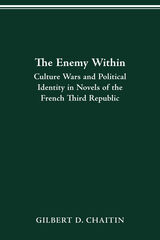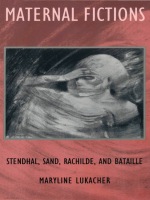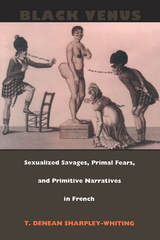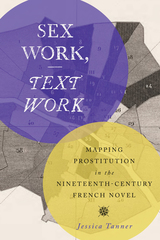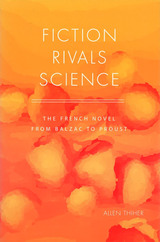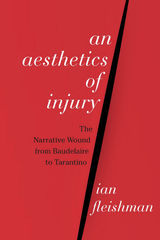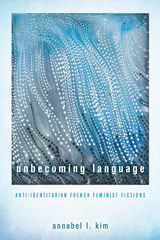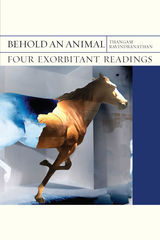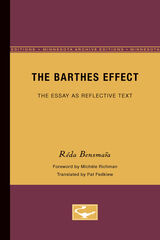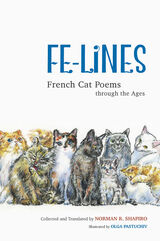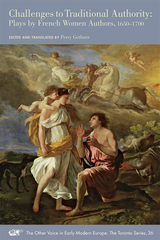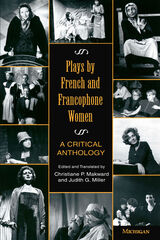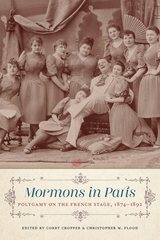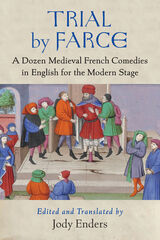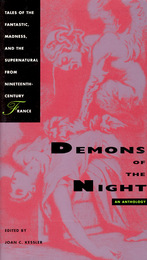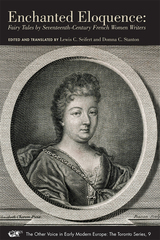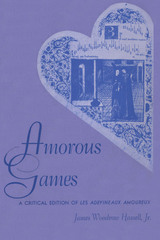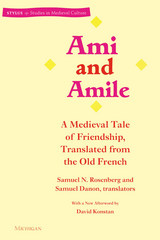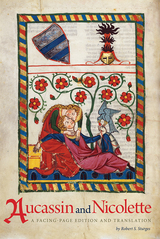An Aesthetics of Injury: The Narrative Wound from Baudelaire to Tarantino
Northwestern University Press, 2018
Cloth: 978-0-8101-3680-9 | Paper: 978-0-8101-3679-3 | eISBN: 978-0-8101-3681-6
Library of Congress Classification PQ673.F54 2018
Dewey Decimal Classification 843.91093561
Cloth: 978-0-8101-3680-9 | Paper: 978-0-8101-3679-3 | eISBN: 978-0-8101-3681-6
Library of Congress Classification PQ673.F54 2018
Dewey Decimal Classification 843.91093561
ABOUT THIS BOOK | AUTHOR BIOGRAPHY | REVIEWS | TOC | REQUEST ACCESSIBLE FILE
ABOUT THIS BOOK
An Aesthetics of Injury exposes wounding as a foundational principle of modernism in literature and film. Theorizing the genre of the narrative wound—texts that aim not only to depict but also to inflict injury—Ian Fleishman reveals harm as an essential aesthetic strategy in ten exemplary authors and filmmakers: Charles Baudelaire, Franz Kafka, Georges Bataille, Jean Genet, Hélène Cixous, Ingeborg Bachmann, Elfriede Jelinek, Werner Schroeter, Michael Haneke, and Quentin Tarantino.
Violence in the modernist mode, an ostensible intrusion of raw bodily harm into the artwork, aspires to transcend its own textuality, and yet, as An Aesthetics of Injury establishes, the wound paradoxically remains the essence of inscription. Fleishman thus shows how the wound, once the modernist emblem par excellence of an immediate aesthetic experience, comes to be implicated in a postmodern understanding of reality reduced to ceaseless mediation. In so doing, he demonstrates how what we think of as the most real object, the human body, becomes indistinguishable from its “nonreal” function as text. At stake in this tautological textual model is the heritage of narrative thought: both the narratological workings of these texts (how they tell stories) and the underlying epistemology exposed (whether these narrativists still believe in narrative at all).
With fresh and revealing readings of canonical authors and filmmakers seldom treated alongside one another, An Aesthetics of Injury is important reading for scholars working on literary or cinematic modernism and the postmodern, philosophy, narratology, body culture studies, queer and gender studies, trauma studies, and cultural theory.
Violence in the modernist mode, an ostensible intrusion of raw bodily harm into the artwork, aspires to transcend its own textuality, and yet, as An Aesthetics of Injury establishes, the wound paradoxically remains the essence of inscription. Fleishman thus shows how the wound, once the modernist emblem par excellence of an immediate aesthetic experience, comes to be implicated in a postmodern understanding of reality reduced to ceaseless mediation. In so doing, he demonstrates how what we think of as the most real object, the human body, becomes indistinguishable from its “nonreal” function as text. At stake in this tautological textual model is the heritage of narrative thought: both the narratological workings of these texts (how they tell stories) and the underlying epistemology exposed (whether these narrativists still believe in narrative at all).
With fresh and revealing readings of canonical authors and filmmakers seldom treated alongside one another, An Aesthetics of Injury is important reading for scholars working on literary or cinematic modernism and the postmodern, philosophy, narratology, body culture studies, queer and gender studies, trauma studies, and cultural theory.
See other books on: Baudelaire | Fleishman, Ian | French fiction | German fiction | Injury
See other titles from Northwestern University Press
